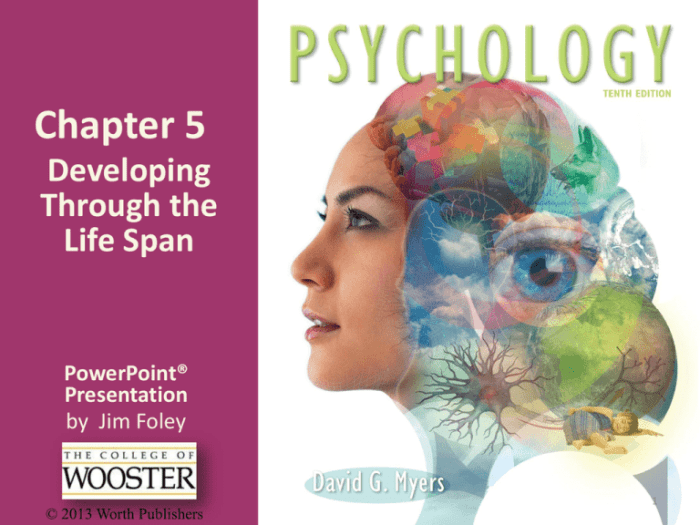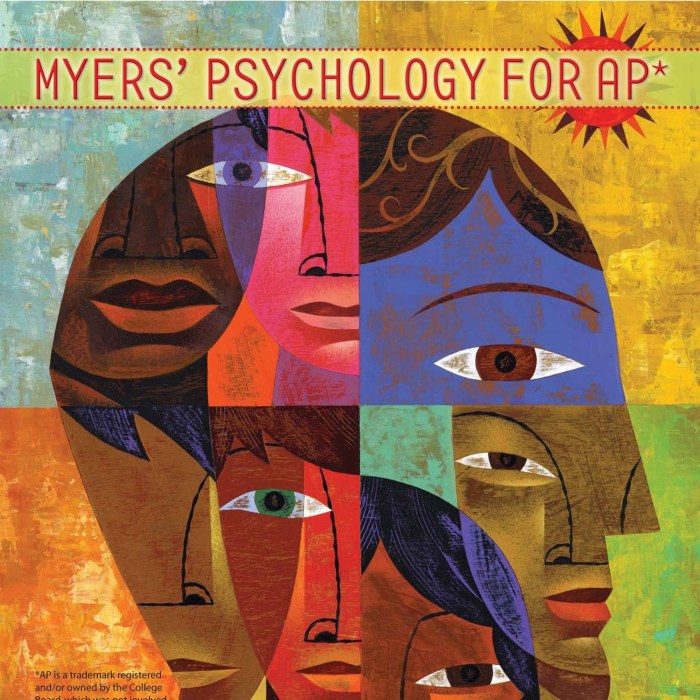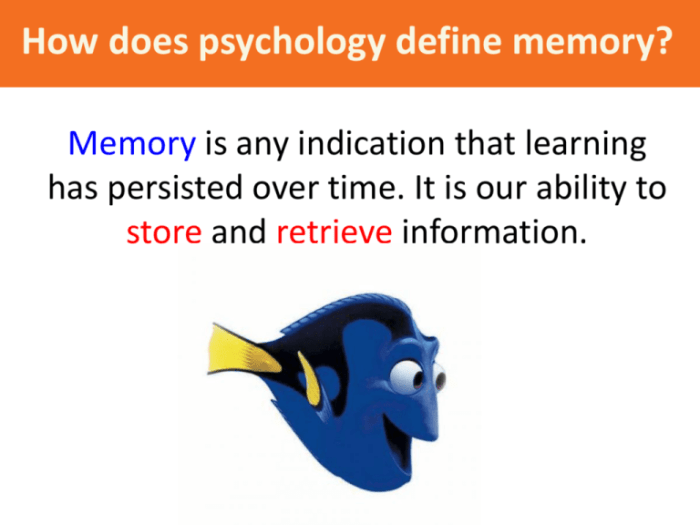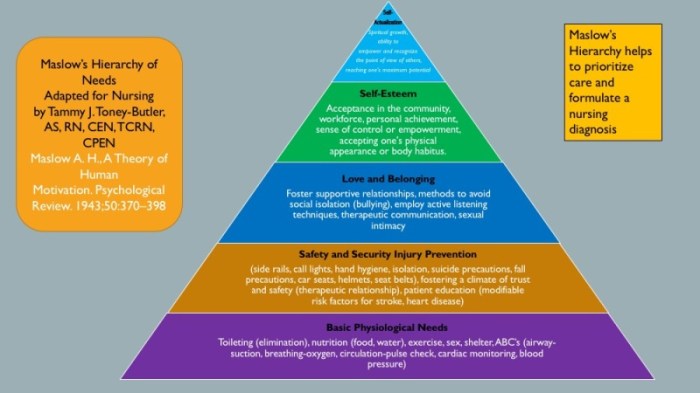Psychology 10th Edition by David G. Myers embarks on an intellectual odyssey, delving into the intricate workings of the human mind and behavior. With unparalleled clarity and captivating prose, this seminal work unravels the mysteries of psychology, inviting readers to explore the depths of human experience.
Through a comprehensive examination of foundational concepts, groundbreaking theories, and cutting-edge research, Psychology 10th Edition empowers readers with a profound understanding of the scientific study of mind and behavior. This comprehensive guide serves as an indispensable resource for students, researchers, and practitioners alike, providing a roadmap to navigate the complexities of human psychology.
1. Introduction to Psychology 10th Edition by David G. Myers

Psychology: 10th Edition by David G. Myers is a comprehensive and engaging textbook that provides a thorough overview of the field of psychology. The book is organized into 15 chapters, each of which covers a different area of psychology, from the biological bases of behavior to social psychology.
Myers’ approach to psychology is both scientific and humanistic. He believes that psychology should be based on empirical research, but he also recognizes the importance of understanding the subjective experiences of individuals.
The textbook is intended for use in introductory psychology courses. It is written in a clear and concise style, and it is packed with examples and case studies that help to illustrate the concepts being discussed.
2. Key Concepts and Theories in Psychology

The field of psychology is built on a foundation of key concepts and theories. These concepts and theories help us to understand the mind and behavior, and they provide a framework for conducting psychological research.
Some of the most important concepts in psychology include:
- Behavior
- Cognition
- Emotion
- Motivation
- Personality
These concepts are interrelated, and they help us to understand the complex nature of human behavior.
In addition to these concepts, there are also a number of theories that have been developed to explain psychological phenomena. These theories include:
- Behaviorism
- Cognitive psychology
- Humanistic psychology
- Psychodynamic psychology
- Social psychology
These theories provide different perspectives on the mind and behavior, and they have helped to shape the field of psychology.
3. Research Methods in Psychology

Psychological research is essential for understanding the mind and behavior. Researchers use a variety of methods to collect data, including:
- Experiments
- Correlational studies
- Observational studies
- Case studies
Each of these methods has its own strengths and weaknesses, and researchers must carefully choose the method that is most appropriate for their research question.
Experiments are the most controlled type of research method. In an experiment, the researcher manipulates one or more independent variables and measures the effect of this manipulation on a dependent variable.
Correlational studies are used to investigate the relationship between two or more variables. In a correlational study, the researcher measures the variables of interest and then calculates a correlation coefficient, which indicates the strength and direction of the relationship.
Observational studies are used to observe behavior in its natural setting. In an observational study, the researcher does not manipulate any variables, but simply observes and records behavior.
Case studies are used to investigate the behavior of a single individual or small group of individuals. Case studies can be used to provide in-depth information about a particular phenomenon, but they are not generalizable to the population as a whole.
Essential Questionnaire
What is the primary focus of Psychology 10th Edition by David G. Myers?
Psychology 10th Edition provides a comprehensive overview of the scientific study of mind and behavior, encompassing a wide range of psychological concepts, theories, and research.
Who is the intended audience for Psychology 10th Edition?
This book is designed for students, researchers, and practitioners in the field of psychology, as well as anyone interested in gaining a deeper understanding of human psychology.
What are the key strengths of Psychology 10th Edition?
Its strengths include its clarity of writing, comprehensive coverage, integration of cutting-edge research, and engaging narrative style.
